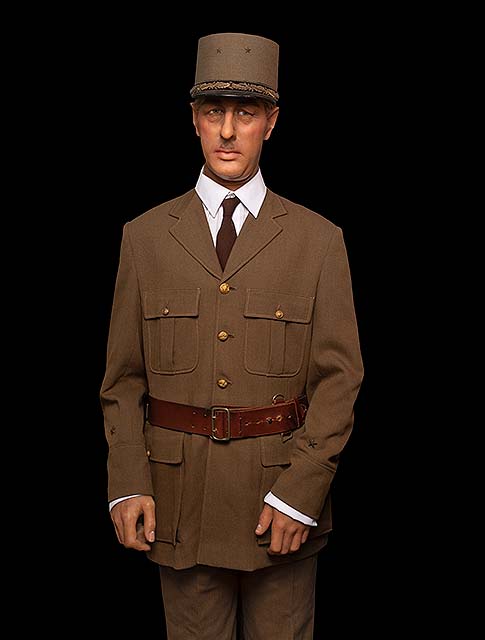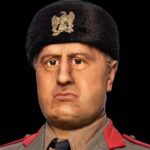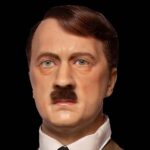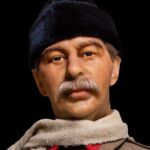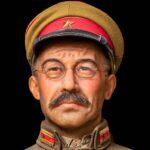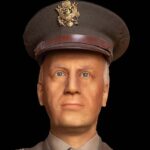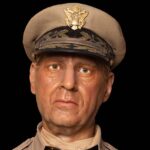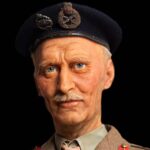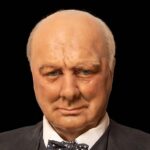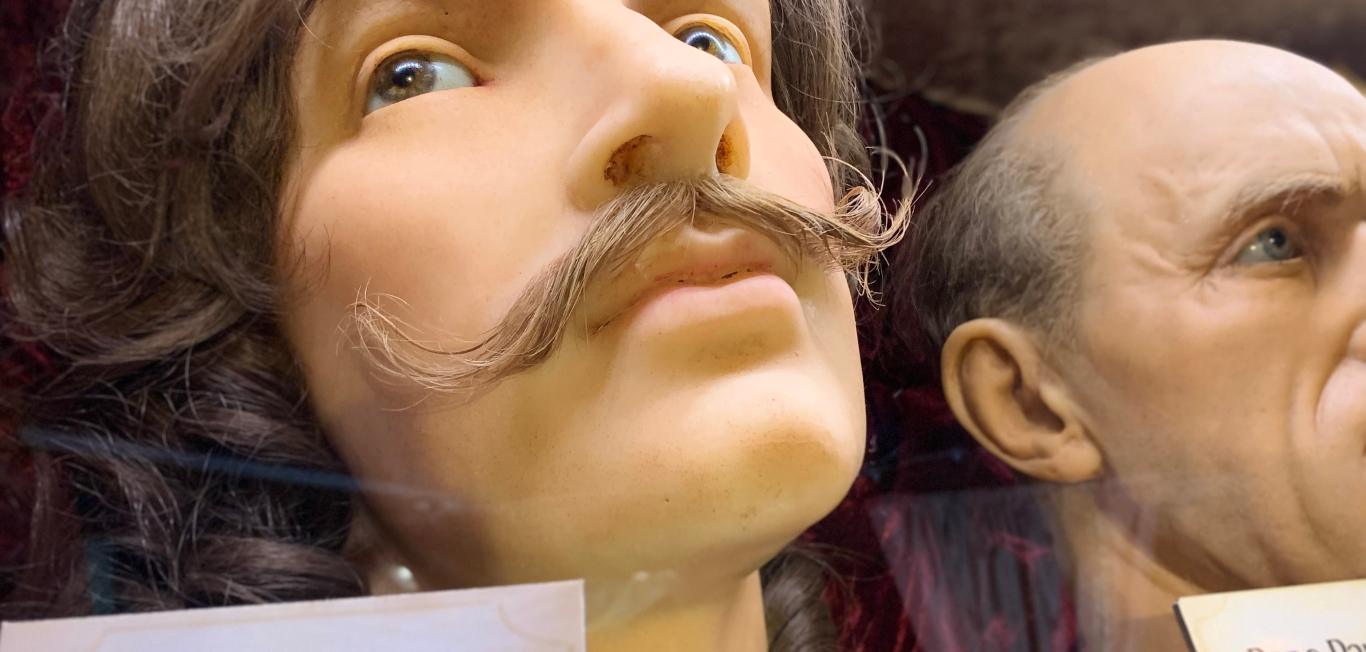Complete History of Charles de Gaulle
Charles de Gaulle was the president of France from the late 1950s to the late 1960s. He was also a military soldier during both World Wars, which shaped him into the tactical ruler he rose to become. Over the years, his political approaches have been discussed, and they influenced many historical events. In the 20th century, Charles de Gaulle was an essential figure in the world of politics. He was raised in a Catholic family during a significant era in history. In Charles de Gaulle’s early life, he was interested in joining the military. This set forth the shape of his career as a popular figure in politics. His political ideologies developed an environment that allowed people to discuss his influence in the world of politics.
Charles de Gaulle Biography
Over the years, many personalities have been influential in building Europe. Charles de Gaulle is one of the essential personalities that supported European cooperation. Consequently, de Gaulle strongly believed that all power should be held by a country’s government and not impacted by outside influence. Charles de Gaulle, throughout his military and political leadership, made a lot of mistakes as a result of his old-fashioned tactics. Nonetheless, he portrayed a high sense of direction that allowed him to be flexible to increasing changes.
Charles de Gaulle urged the French government to continue World War II after the Germans had defeated them. This was his first concept of integration, as he believed that, if France united with Britain, they would be strong enough to defeat their common enemy.
In 1958, the country faced economic difficulties, and Charles de Gaulle came to the rescue of France once again. Once he was elected the fifth president of France, he drafted a constitution that solved most of France’s main issues.
He drafted a constitution that solved most of France's main issues.
Charles de Gaulle’s dream of the country taking part in world affairs was unattainable, and this was because France was not strategically ready to assert its influence on its colonies. More importantly, by withdrawing from Algeria, the economic and political environment stabilized. Charles de Gaulle is remembered as one of the most prominent political figures in France. In fact, the largest international airport in France is named for him.
Interesting Facts About Charles de Gaulle
In Charles de Gaulle’s early life, he was fascinated by French history. This followed him into adulthood and throughout his life.
Charles de Gaulle was held as a prisoner for the majority of World War I.
Charles de Gaulle was wounded during the First World War.
One of Charles de Gaulle’s accomplishments included receiving the highest military honor in Poland.
In Charles de Gaulle’s early life, he was just an average student.
Charles de Gaulle did not get married until after World War I in 1921.
During the interwar years, French leaders were not impressed with Charles de Gaulle’s ideas and strategies.
For 10 days during World War II, Charles de Gaulle was Undersecretary of State for War.
Charles de Gaulle was not in France for most of World War II.
A French military court sentenced Charles de Gaulle to death in absentia.
On December 21, 1958, Charles de Gaulle was elected President of the Republic.
There were many assassination attempts against Charles de Gaulle.
Early Life of Charles de Gaulle
Charles de Gaulle was a military and political leader of France who influenced the political environment of the country and the world. He was born in the late 19th century in a place called Lille. Charles de Gaulle’s early life began with being born into a Catholic family and attending conservative Catholic schools, where he later found new footing and was determined to pursue a military career from a young age. In Charles de Gaulle’s early life, he went to several military schools until he could graduate. This was around the period when World War I was starting, which allowed de Gaulle to participate in the war during his early life. This resulted in him getting injured a few times when showing bravery. While serving in World War I, Charles was taken prisoner. While he had attempted to escape, he failed on all occasions. During this period, Charles de Gaulle was not a popular figure in his country’s army but was well-known in World War II because of his leadership.
That being said, Charles de Gaulle had many accomplishments, including leading the Free French forces in fighting against capitulation to Germany in World War II. He cultivated better relations with Germany and united the two countries, which saw France blooming economically and politically. He played an essential role during World War II, as he served as the leader of the provisional French government in the early 1940s. In 1958, Charles de Gaulle decided to return to French policy as the prime minister. The following year, he assumed power as president, and his reign lasted from 1959 to 1969. His return to power resulted in the French nation’s politics and economics stabilizing and was also marked by the development of a given set of political ideas that were later named after him. As such, Gaullism heavily influenced the strengthening of European integration and the development of France.
DID YOU KNOW?
De Gaulle led the Free French forces in fighting against capitulation to Germany in World War II.
Accomplishments of Charles de Gaulle
Charles de Gaulle was born in Lille on November 22, 1890, and grew up in Paris, where his father was a teacher. De Gaulle chose a military career and served with distinction in World War One.
During the 1930s, he wrote books and articles on military subjects, criticizing France’s reliance on the Maginot Line for defense against Germany and advocating the formation of mechanized armored columns.
In June 1940, German forces easily overran France. As Undersecretary for National Defense and War, de Gaulle refused to accept the French government’s truce with the Germans and escaped to London, where he announced the formation of a French government in exile. He became the leader of the Free French.
After the liberation of Paris in August 1944, de Gaulle was given a hero’s welcome in the French capital.
In 1953, he withdrew into retirement again.
In 1958, a revolt in French-held Algeria, combined with serious instability within France, destroyed the Fourth Republic. De Gaulle returned to lead France once more.
Charles de Gaulle built the Fifth Republic and served as president from 1959 to 1969.
Charles de Gaulle resided at his estate Colombey-les-Deux-Églises when he retired; he passed away from a heart attack on November 9, 1970.
Charles de Gaulle
in World War II
Charles de Gaulle played an integral role in the battles of World War II where he was wounded and captured. When the war broke out, Charles de Gaulle rose to the rank of brigadier general, and even though it was a temporary role, he retained that position throughout his life. On June 6, Charles de Gaulle entered politics by becoming the Undersecretary of State for Defense, which presented him with an opportunity to undertake many explorations in England to determine whether the country was strong enough to pursue the war. When the then government was replaced, he moved to England, where he first urged his countrymen to proceed with the war under his administration.
DID YOU KNOW?
Charles de Gaulle rose to the rank of brigadier general, a position he retained throughout his life.
Even though he entered his political leadership in the military with many liabilities, he had an absolute belief in his ideas and missions, further progressing his leadership. National recognition of his administration was propelled by the actions of the Free French forces, which he led. However, full credit from his allies came in August 1944 after Paris was liberated. During his leadership of the Free French forces, he tainted his relations with the British government mainly by misjudgment.
President of France
Charles de Gaulle was elected the fifth President of the Republic of France a couple of weeks after the country’s constitution was drafted and approved. A majority of French citizens voted for Charles De Gaulle. He was initially requested to come back to power to lead the state when France’s economic and political situation was unstable. The insurrection in Algeria posed a huge challenge that would result in a civil war in France, which otherwise presented an opportunity in 1958 for Charles to return to public life. The revolt by French colonists in Algeria resulted in a severe political crisis in France, which prompted Charles de Gaulle to agree to lead a new emergency government. He was the only leader with enough strength and stature to address the difficult situation.
Additionally, President René Coty played an integral role in the return of de Gaulle to public life by threatening to step down if he was not accepted back to power. After being accepted back to power, he was appointed prime minister. This allowed him to reform and reshape the Constitution, also giving him the special powers he required to make a change. In late 1958, he was elected president of the country, and the then constitution reflected his firm conviction that a strong country needed a leader with the power to make the necessary decisions on behalf of the republic.
Late in Life
Charles de Gaulle was a military and political leader and strategist who helped shape France from economic and political instability. He considerably influenced European development. Charles de Gaulle thought the nationalist approach was appropriate for a political leader, yet he failed to realize that the best move for France would be to partner with other strong states and never again be the sole power.
As the country’s president, Charles de Gaulle fought his political battles with military strategies and campaigns, integrating all the strategies he had acquired throughout his military leadership, which assisted him in transforming France’s weak position into a strong one that overcame opposition to his plans and ideas at home. In his last year as president, Charles de Gaulle presented a referendum to his citizens that was rejected. The referendum mainly emphasized regional reform of the Senate and its reorganization. After being defeated in the referendum in April 1969, Charles de Gaulle resigned and returned to his home, where he spent the rest of his life writing memoirs. A year after resigning, he succumbed to a heart attack.
DID YOU KNOW?
